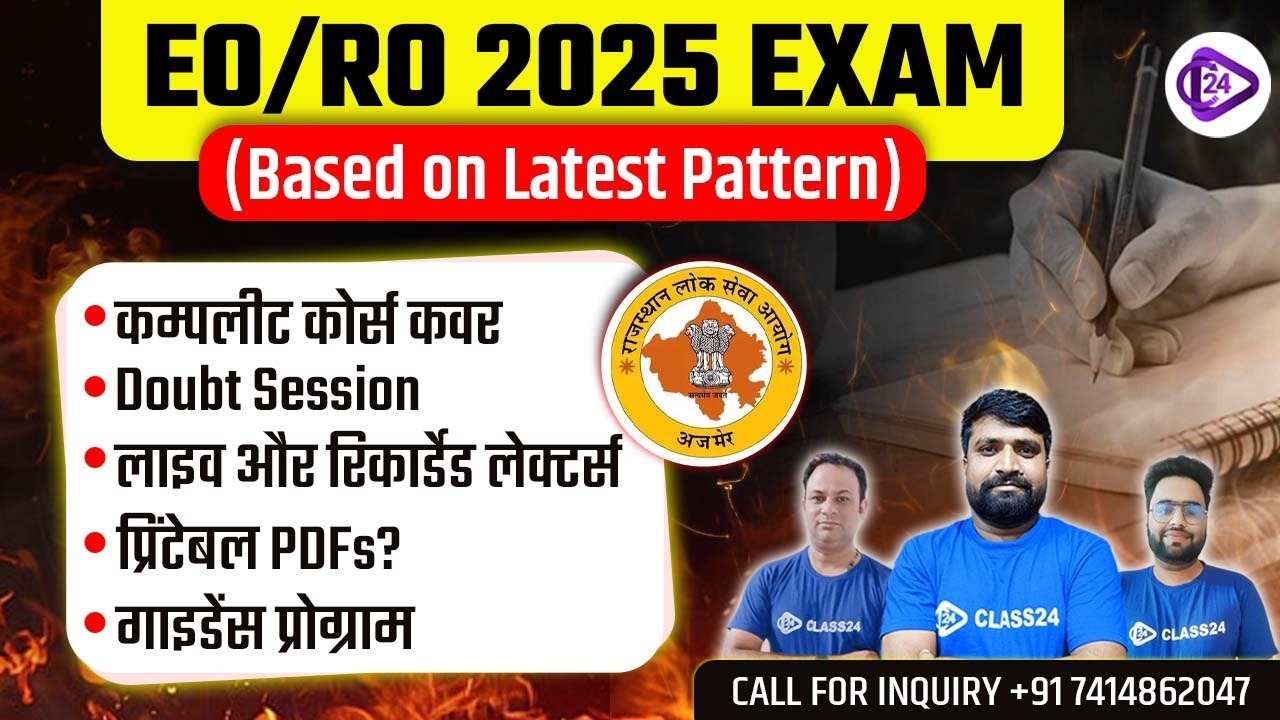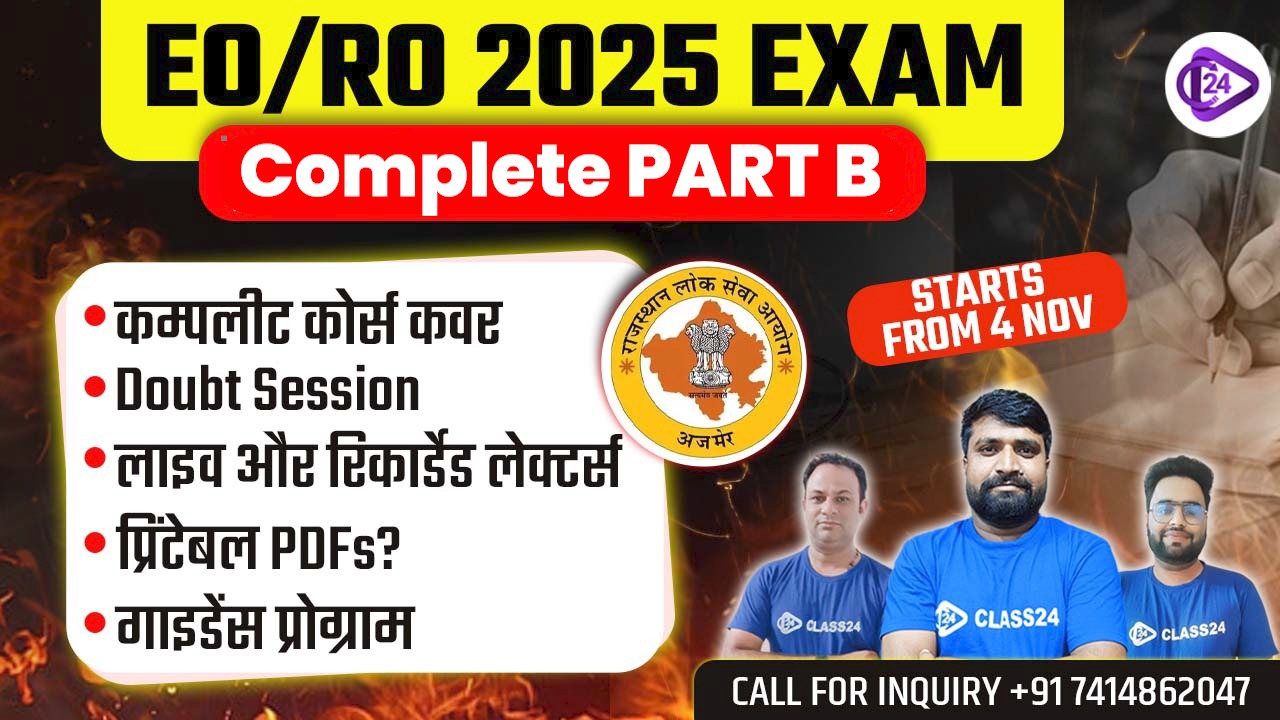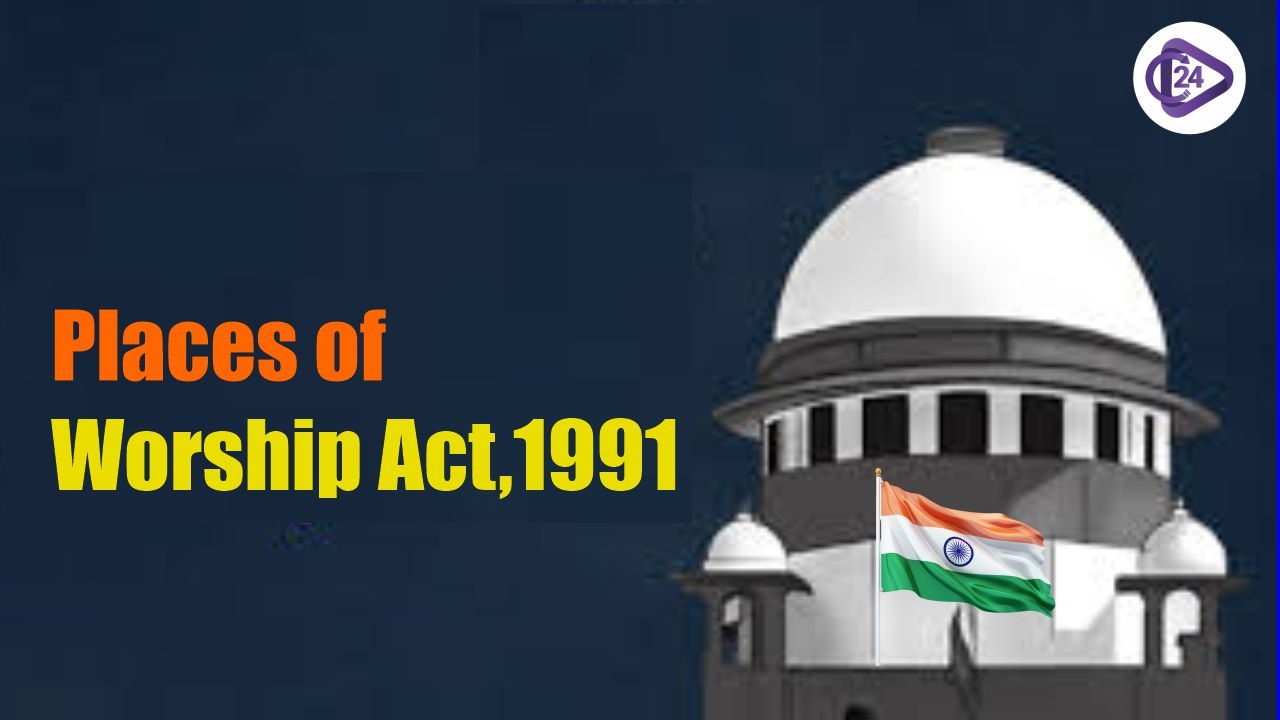
The Places of Worship (Special Provisions) Act, 1991, which was adopted when Communal tensions in Independent India kept increasing, was intended to preserve status quo as those places of worship were before the eve of India’s Independency day on fifteenth August 1947. It prohibits any legal proceedings for changing the character of such a place, except in the following cases.
- Exemptions were the situations as S.R. Bommai issued by the Supreme Court and the Babri Masjid-Ram Janmabhoomi case was one of the important cases settled by the apex court.
- Places of interest are controlled and preserved in accordance with the Amateur and Ancient Monuments and Archaeological Sites and Remains Act of 1958.
- Certain premises that dealt with conflicts or conversions through yielding before the enactment of the Act.
The Act is considered a legal policy to protect the secular fabric of India by withholding historical hurts for political or communal propaganda.
The Supreme Court Hearing: Major Arguments
The Special Bench of the Supreme Court led by Chief Justice Sanjiv Khanna will be entertaining the petitions that seek to declare the Act unconstitutional. These pleas present several important arguments:
1. Historical Injustice:
The Act, according to the petitioners, legalizes historical wrongs – the demolition of Hindu temples by invaders and denies Hindus the right to regain their worship places.
2. Violation of Fundamental Rights:
They argue that the Act deny their rights to their religion which they have under Article 25 right to freedom to practice and propagate religion and Article 26 the right to freedom to managing of religious affairs of the Constitution of Kenya.
3. Secularism Paradox:
Interestingly, the petitioners contend that the Act un-secular by proving favoritability to one religious group against others and this contention is refuted by the supporters of the Act.
The Secularism Debate
Petitioners' View: They argued that the release of rights to Hindus and other communities to regain the areas where the temple was demolished in the past is secular because it recognizes the rights of all religions.
Supporting the Act:
1. Judicial Sanction in Ayodhya Judgment:
The Ayodhya verdict of the Supreme Court stated that the Act preserves the secular fabric of the country as it avoids people’s battle over the historic dispute.
2. Legislative Intent:
The Act is an embodiment of the principle of non-retrogression that was agreed to in that the country should progress forward without re-opening of charges that have been dealt with before.
Implications of the Hearing
The Supreme Court judgment may have serious implications on India's secular fabric and communal relations:
1. If the Act is Upheld: Affirms the continuing leadership of India to the principles of secularism enshrined in the Constitution. Closes any luggage of exploiting Judicial Chambers for the procurement of remedies for historical injustices. Promotes a strong statement against the political influence on the issues of religion.
2.If the Act is Struck Down or Diluted: This creates possibilities of legal actions against places such as the Gyanvapi Mosque at Varanasi or Shahi Eidgah Mosque at Mathura. Harms such as worsening of ethnic tensions, political instabilities, and conflicts that unsteadify social order and cohesion. Stands for removing the spirit of non-retrogression and eradicating legislative protection.
Judicial Activism as a Protector of the Principle of Secularism
In this respect, it can be stated that the judiciary has consistently led the way in the pursuit of secularism. For instance, in S.R. Bommai v/s Union of India which was in 1994 and the Ayodhya issue which was in 2019, the Supreme Court concentrated on secularism as one of the supreme values in the Indian Constitution.
This case will extend the challenge to the judiciary further in terms of ensuring that India’s pluralist character is upheld amidst increasing polarization.
Conclusion
It can be seen that the Places of Worship Act of 1991 is another testimony of the Indian determination to strive to break free from the skins of a troublesome past so as to build a secular India that belongs to everyone. This upcoming decision by the Supreme Court is not only a final determination and decision but of the nation itself, on the secular life that it envisions.
This case engages with law, religion, and constitutional values in India to the extent that it fits incredibly well within the proposed topics of secularism, judicial accountability, and constitutional morality.
Chat With Us



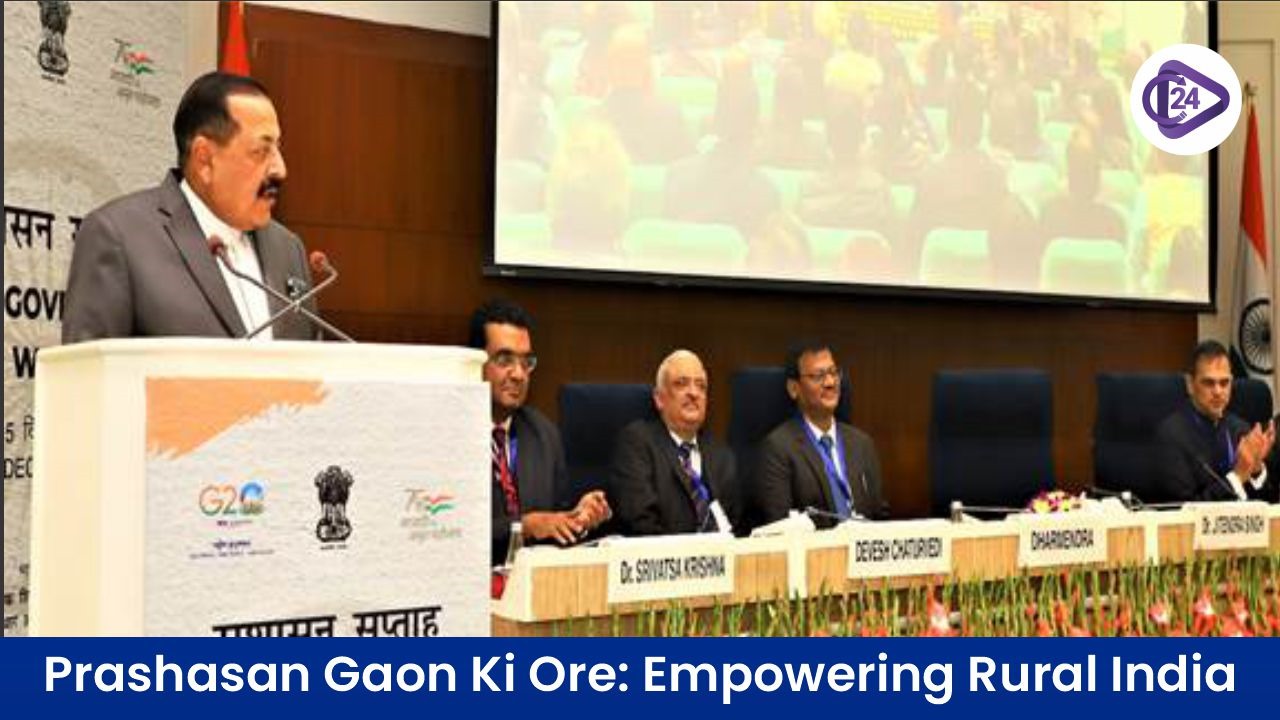 Prashasan Gaon Ki Ore: Enhancing Public Services and Governance in Rural India
Prashasan Gaon Ki Ore: Enhancing Public Services and Governance in Rural India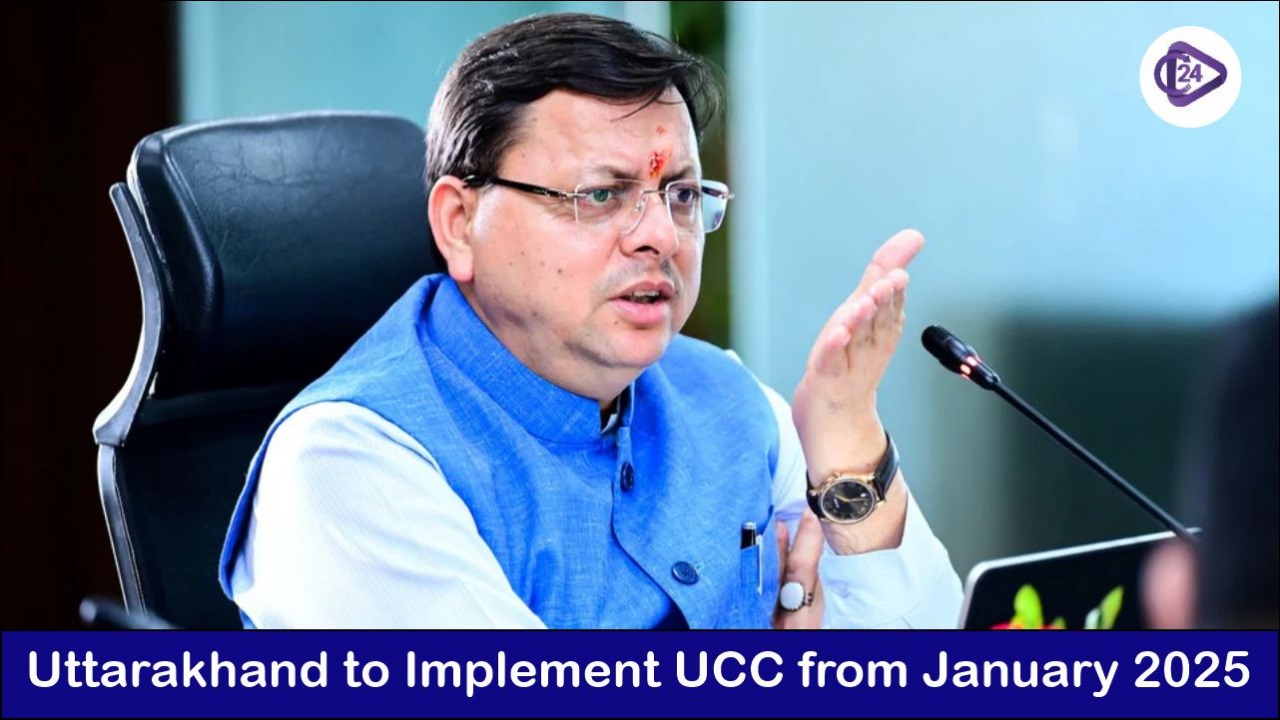 Uttarakhand to Implement Uniform Civil Code (UCC) in January 2025
Uttarakhand to Implement Uniform Civil Code (UCC) in January 2025 Prime Minister Shri Narendra Modi attended ‘Ek Varsh-Parinaam Utkarsh’ event in Jaipur
Prime Minister Shri Narendra Modi attended ‘Ek Varsh-Parinaam Utkarsh’ event in Jaipur Building a Stronger Indian Parliament: Restoring Decorum and Productivity
Building a Stronger Indian Parliament: Restoring Decorum and Productivity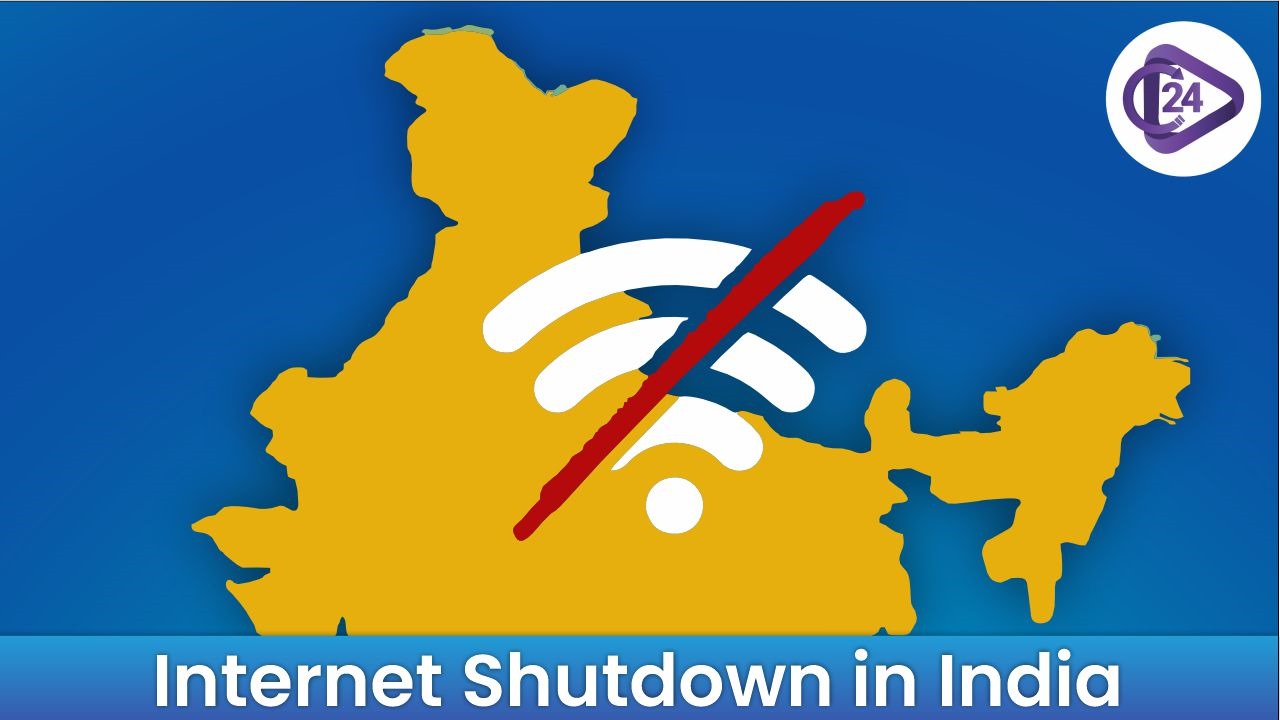 Internet Shutdown in India: Legal Provisions, Impacts, and Key Highlights
Internet Shutdown in India: Legal Provisions, Impacts, and Key Highlights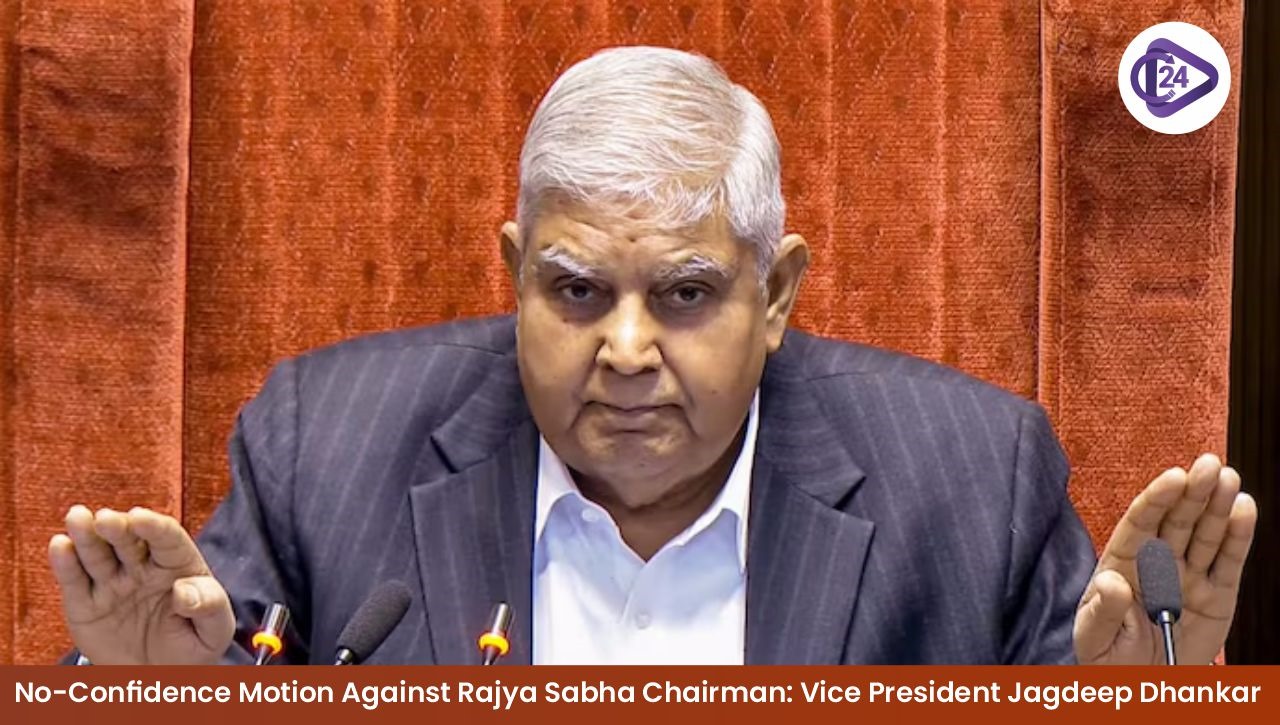 Opposition moves no-confidence motion against Rajya Sabha Chairman: VP Jagdeep Dhankar
Opposition moves no-confidence motion against Rajya Sabha Chairman: VP Jagdeep Dhankar



